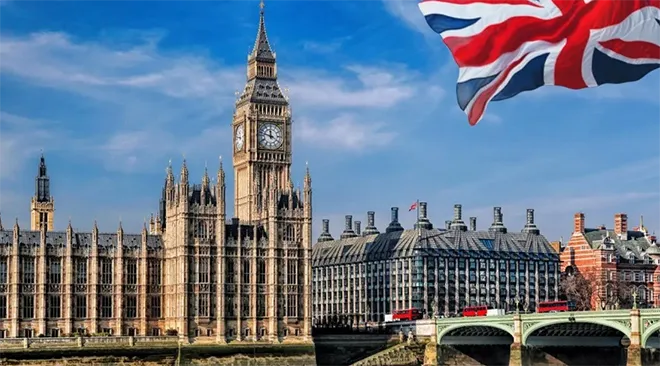 The UK’s gambling regulator, as well as the Department for Culture, Media and Sport (DCMS), have commissioned the National Centre for Social Research (NatCen) institute to assess the effectiveness of the UK Government’s Gambling Act Review.
The UK’s gambling regulator, as well as the Department for Culture, Media and Sport (DCMS), have commissioned the National Centre for Social Research (NatCen) institute to assess the effectiveness of the UK Government’s Gambling Act Review.
According to NatCen’s announcement, the institute will perform a Monitoring and Evaluation plan of the Gambling Act Review, and it will put a focus on problem gambling and the review’s success in introducing changes that succeed in the prevention of gambling harm. Specific assessments will be made regarding whether the review has successfully struck a balance between addressing problem gambling and its prevention and ensuring that consumers’ freedom is not infringed upon. An emphasis will also be placed on protection measures which have aimed to ensure the safety of gamblers who wager online and at brick-and-mortar establishments.
Based on the results of the said examination, NatCen will create a subsequent Theory of Change (ToC) evaluation report, and its design will be done in collaboration with both the UK Gambling Commission (UKGC) and the DCMS. An evaluation plan centred around how the examination’s recommendations can be implemented will also be submitted.
The Director of Health Policy of NatCen, Dr Sokratis Dinos, issued a statement on the matter in which he expressed his and the institute’s delight in conducting the Gambling Act’s monitoring and evaluation plan. Dinos continued, saying that “the past decade has seen a significant shift in the perspective of gambling harms” and that the monitoring and evaluation plan will serve a crucial role in ensuring the development of a practical course of action. He further emphasised the examination’s goal of evaluating how effective measures centred around the protection of both vulnerable groups and wider communities have been.
The Gambling Act Review and the Government’s Gambling White Paper
 The Gambling Act Review lasted from December 2020 until March 2021, and it examined how the UK’s Gambling Act 2005 could be updated so that it would no longer be based mostly on analogue betting and instead properly address the prominence of online gambling. The review covered a wide range of aspects of the Gambling Act, but it did focus strongly on preventing problem gambling from harming children and individuals who are vulnerable to its effects. After delays, the UK Government’s response in the form of its Gambling White Paper was published in 2023, but its proposals are yet to fully come into effect.
The Gambling Act Review lasted from December 2020 until March 2021, and it examined how the UK’s Gambling Act 2005 could be updated so that it would no longer be based mostly on analogue betting and instead properly address the prominence of online gambling. The review covered a wide range of aspects of the Gambling Act, but it did focus strongly on preventing problem gambling from harming children and individuals who are vulnerable to its effects. After delays, the UK Government’s response in the form of its Gambling White Paper was published in 2023, but its proposals are yet to fully come into effect.
The white paper contains a wide range of proposals surrounding gambling harm, its treatment, and its prevention. While some have been received positively, others have proven to be a point of contention between the industry and the UK’s gambling watchdog. Casino Guardian recently reported on one such measure, which seeks to mandate the utilisation of financial vulnerability checks that will affect sports bettors whose wagering activity exceeds certain thresholds. The said proposal is strictly aimed at online gambling, but it has nonetheless been met with opposition from the gambling industry and the UK’s horse racing scene due to its reliance on funding from sports betting companies. Apart from this measure, other proposals include calls for the advertisement of gambling to be more restricted than it is currently and a range of measures that will help the gambling industry’s land-based sector.
- Author


